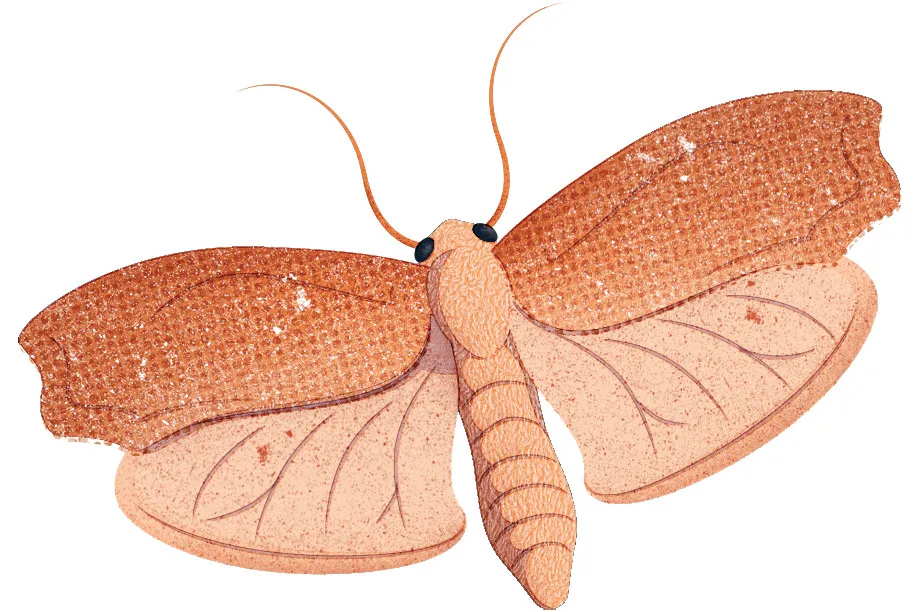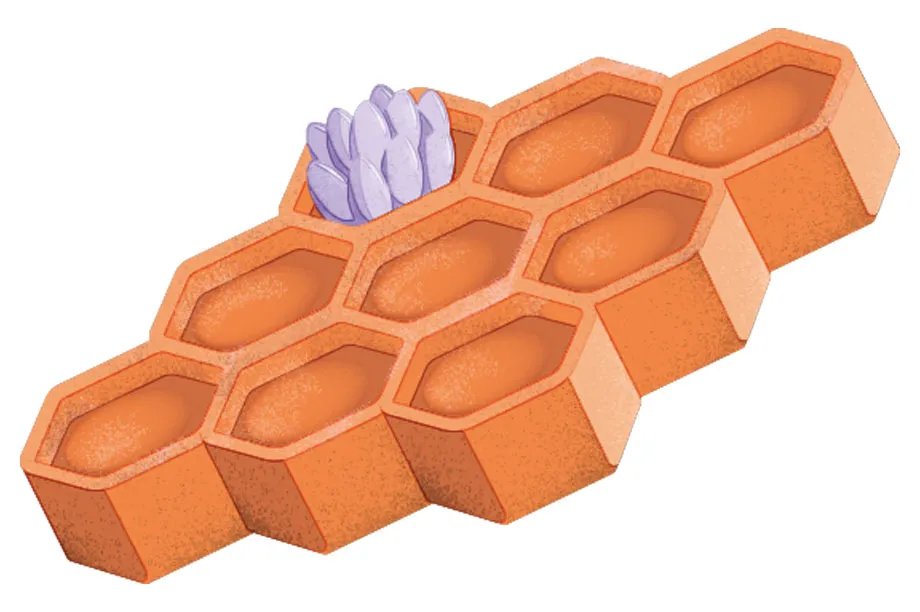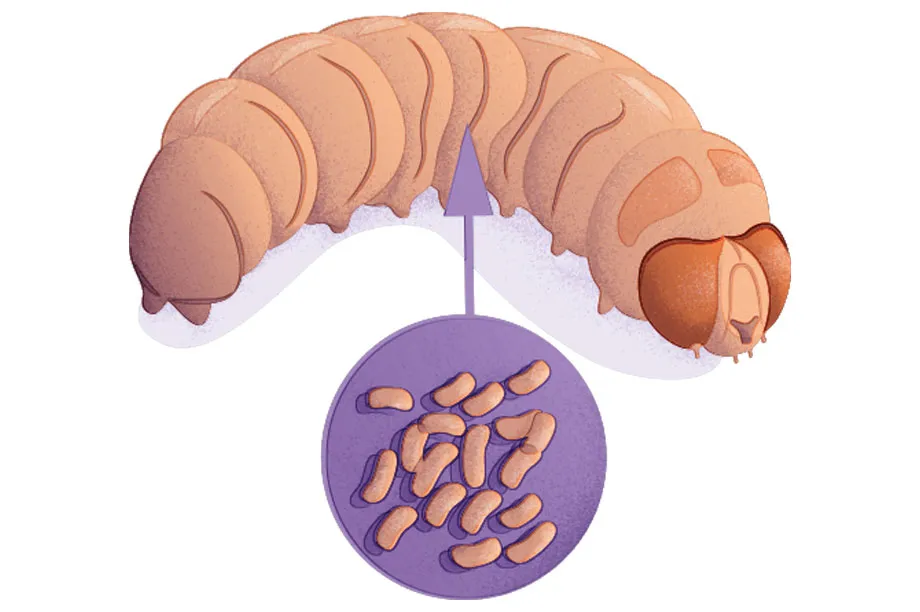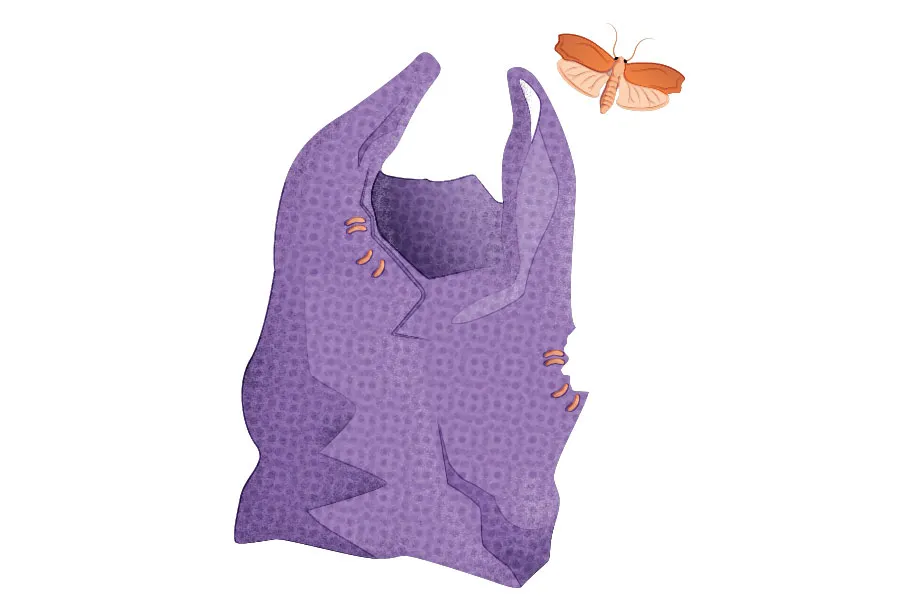Since the mid-20th Century, plastic production has increased exponentially, and the resulting pollution has become a global environmental issue. Little by little, we are replacing plastics with more environmentally friendly options, but what about the plastic that’s already out there? Maybe Mother Nature can help out.
Meet the waxworm: traditionally thought of as a pest, its love of beeswax may have a surprising benefit.

Wax moths lay their eggs in beeswax in beehives. When the caterpillars wriggle out, they tunnel through the combs, munching as they go.

Beeswax, the caterpillars’ natural diet, and LDPE, a plastic used to make shopping bags, are made from almost identical chains of carbon and hydrocarbon.

The caterpillars’ gut bacteria can degrade and process the plastic as a traditional food source, producing biodegradable glycol as a metabolic by-product. These glycol excretions could be reduced by antibiotic treatment, a study has found.

It is hoped that these ‘plastivores’ may hold the key to better understanding how the biodegradation of plastic works, and may even assist in reducing the volume of plastic in landfills.
Read more: